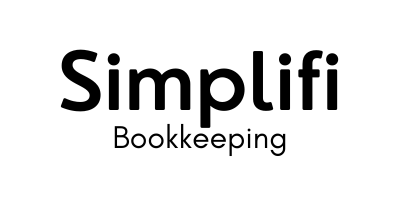1099 Forms: A Small Business Survival Guide
Understanding and correctly handling the 1099 forms is pivotal for small business compliance.
As we approach 2024, small business owners must gear up for the critical task of issuing 1099 forms during the tax season. The 1099 form from the Internal Revenue Service (IRS) reports income not from an employer but from other sources like independent contractor work or stock dividends.
Who Needs a 1099 Form? There are several types of 1099 forms, each serving different purposes. The 1099-NEC is for reporting non-employee compensation over $600 to independent contractors, freelancers, or self-employed individuals. This includes payments for services, commissions, and certain benefits.
The 1099-MISC covers miscellaneous income like royalties, broker payments, rent, medical payments, and other specific categories. Each form has its own criteria and it's crucial for business owners to familiarize themselves with these details to ensure compliance.
How to Manage the 1099 Issuance Timeline: Timing is everything when it comes to 1099s. Typically, business owners need to dispatch these forms to contractors and the IRS by January 31 and February 28, respectively. This deadline allows a buffer to correct any mistakes before the final submission to the IRS.
One efficient way to manage this process is by collecting W-9 forms from all vendors. The W-9 form gathers essential tax identification information, streamlining the 1099 issuance process.
How to Leverage Accounting Software for 1099’s: To ease the burden of 1099 processing, utilizing an accounting platform can be immensely beneficial. This not only helps in issuing 1099s but also in managing other aspects of business finances, such as bookkeeping and payroll. A platform like QuickBooks® offers a suite of tools designed to simplify these tasks for small business owners.
How to Prepare for a Smooth Tax Season: As 2023 unfolds, take proactive steps to understand the nuances of 1099 forms and leverage the right tools to ensure a hassle-free tax season. Staying ahead of deadlines, understanding your requirements, and utilizing efficient software solutions will transform the way you handle this annual responsibility.
Why to Get Expert Assistance: For further guidance on issuing 1099s and managing your small business’s tax and accounting needs, seeking professional help can be invaluable. An experienced accounting firm can provide the expertise and support needed to navigate these processes with ease.
Looking to streamline your 1099 issuance process and enhance your overall tax and accounting strategies?
Tifones Bookkeeping Services is here to assist you. With our expertise in small business bookkeeping and tax preparation, we ensure your financial processes are efficient and compliant.

